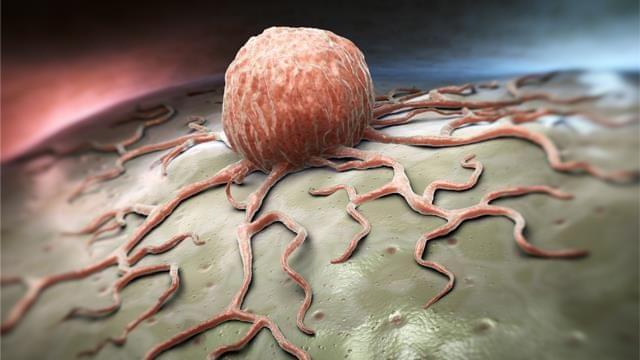Electrons and their behavior pose fascinating questions for quantum physicists, and recent innovations in sources, instruments and facilities allow researchers to potentially access even more of the information encoded in quantum materials.
However, these research innovations are producing unprecedented—and until now, indecipherable—volumes of data.
“The information content in a piece of material can quickly exceed the total information content in the Library of Congress, which is about 20 terabytes,” said Eun-Ah Kim, professor of physics in the College of Arts and Sciences, who is at the forefront of both quantum materials research and harnessing the power of machine learning to analyze data from quantum material experiments.








